The little cut in your body may not be severe, but keeping it untreated can lead to life-threatening. Several cancer patients lead to severe infection during chemotherapy and cancer therapy. Try to use proper medicine regarding chronic diseases treatment with necessary precautions; you can order medicine online through drugstores in the Philippines.
Table of Contents
What is an infection in cancer treatment?
An infection in cancer treatment occurs when human immunity cannot fight off viruses, pathogens, and other bacteria. Usually, it is also called a germ and causes illness.
Cancer treatment can produce immunity more effectively and reduce WBCs levels. If your cancer treatment is continuing, you have more chances to get the infection during chemotherapy. But all the infections can be treatable and life-threatening. If you have noticed any signs and symptoms, consult the specialists to treat the infections early.
What causes infection during chemotherapy?
The leading cause of chemotherapy, there will be changes in your treatment cycle. When the number of WBCs is deficient, you are at risk of infection. Anxiety, inadequate nutrition, and lacking sleep can weaken the immune system, producing infection more possible.
What are the symptoms of chemotherapy?
You can get an infection during chemotherapy almost anywhere in your body. Some common places include your mouth, skin, and lungs.
Signs of an infection include:
- Fever
- Chills or sweating
- Mouth, throat sores, or a toothache
- Abdominal pain
- Pain near the anus
- Cough or difficulty breathing normally
- Redness, swelling, or pain, especially around a cut or where you had surgery or a catheter
- Itching in the vagina, sometimes with a discharge
Working tips to reduce infection risk during chemotherapy
Here are some tips to reduce infection risk during chemotherapy and illness when your immune system is delicate due to cancer treatment. The best 5 tips to reduce infection risk that includes:
- Maintaining hygiene
- Get vaccination
- Know the symptoms of infection
- monitor your fever
- Eat healthy food
Maintaining hygiene
Wash your hands regularly with soap before taking any meal, after touching your face, taking out the garbage, touching animals, and more. Also, try to carry sanitizer with you at public places or in crowd gatherings.
Get vaccination
Get the flu shot vaccine as per the age, do not get the nasal mist flu vaccine without doctor consultation, including hepatitis B vaccine and several other vaccines.
Know the symptoms of infection
Consult the specialist if you have noticed any new symptoms or any severe symptoms. Try to take emergency medical help immediately if you face fever, cough, cold, stuffy nose, redness or vomiting.
Monitor your fever
If you are getting a fever during or after chemotherapy treatment, consult specialists in an emergency. Fever may be a critical sign that you have an infection, leading to life-threatening chemotherapy.
Consume healthily and stay hydrated
Do not share your meal, drinking glasses or other utensils. Avoid raw or undercooked meals. Staying hydrated or drinking water is essential to maintaining good health. Eat and drink simply purified juice or dairy products.
What infections can you get during cancer chemotherapy?
There are infections that you can face during cancer treatment that includes:
- Burning or pain when passing urine.
- Sore throat
- Sores or white patches in the mouth
- New cough or shortness of breath
- Any new area of redness, tenderness, or swelling
- Shaking chills that may be followed by sweating
- Pus or yellowish discharge from an injury or other location
- New abdominal pain
drugs to prevent infections during cancer treatment
Several drugs can be used during cancer treatment, including Anastrozole (Anzol), Imatinib mesylate (Imalek), and Methotrexate (Alltrex). Consult your specialists about the symptoms or any drugs care team. Talk to your cancer specialists doctors about what side effects you might undergo while using these therapies and how to handle the side effects.
Risk factors for getting an infection during chemotherapy
Several risk factors produce your immune system more infected. Several treatments boost your chance of getting an infection during chemotherapy. These include:
- Chemotherapy and other cancer medicines
- Radiation therapy includes the pelvis, legs, chest, or belly.
- Surgery
- Bone marrow/stem cell transplantation
Some cancers, different cancer stages, and health-related issues can additionally increase your risk. These include:
- Cancers that influence the bone marrow, such as leukemia and lymphoma
- Cancers that have developed to the bone
Other diseases include diabetes, kidney infection, high blood pressure, congestive heart failure, liver illness, and chronic obstructive pulmonary disease.
Summary
There are different methods to prevent infections during cancer treatment. Consult the cancer care team or specialists regarding a medical emergency or during severe or any new symptoms.

 Login/Register
Login/Register
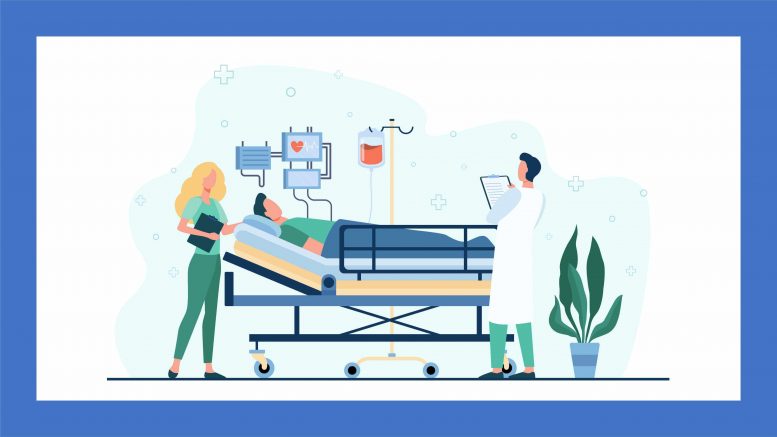



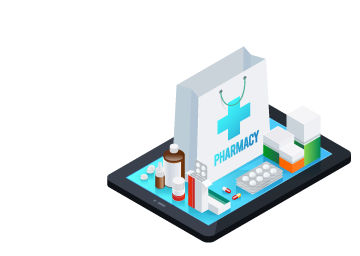
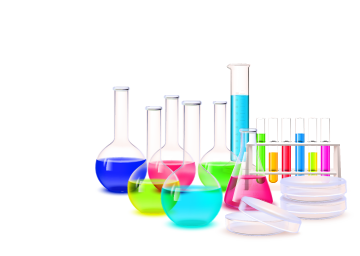

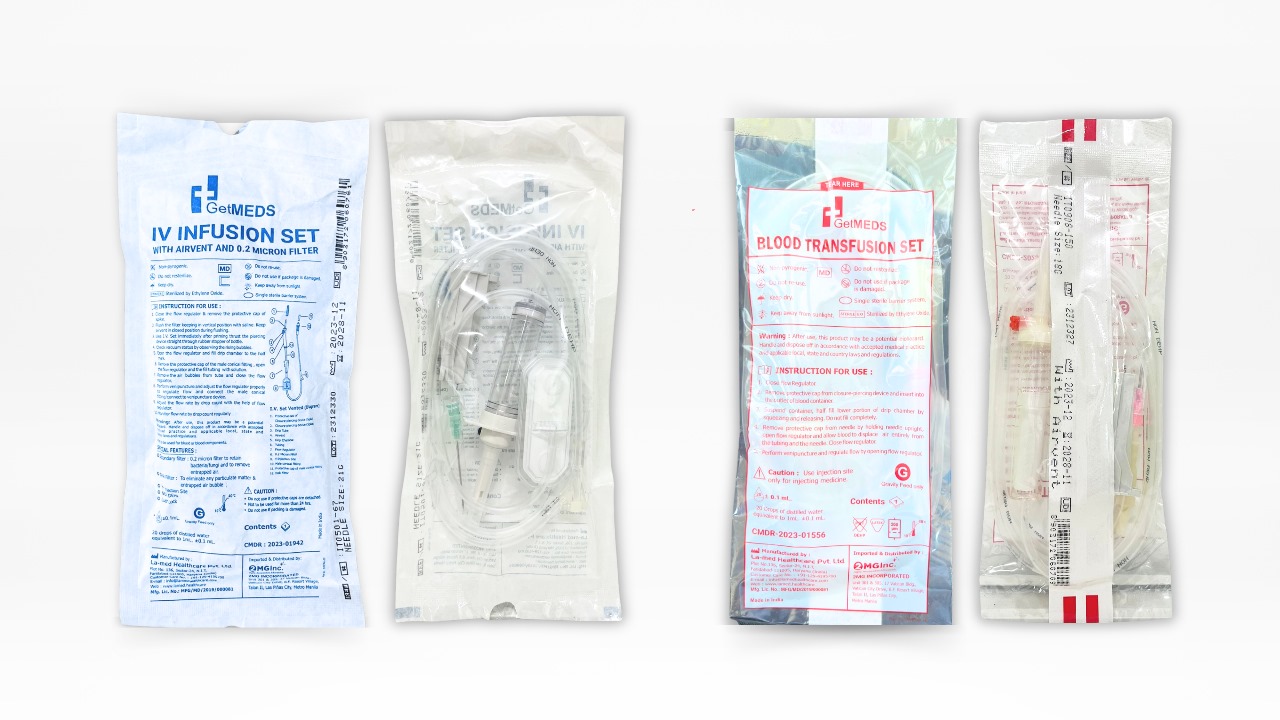
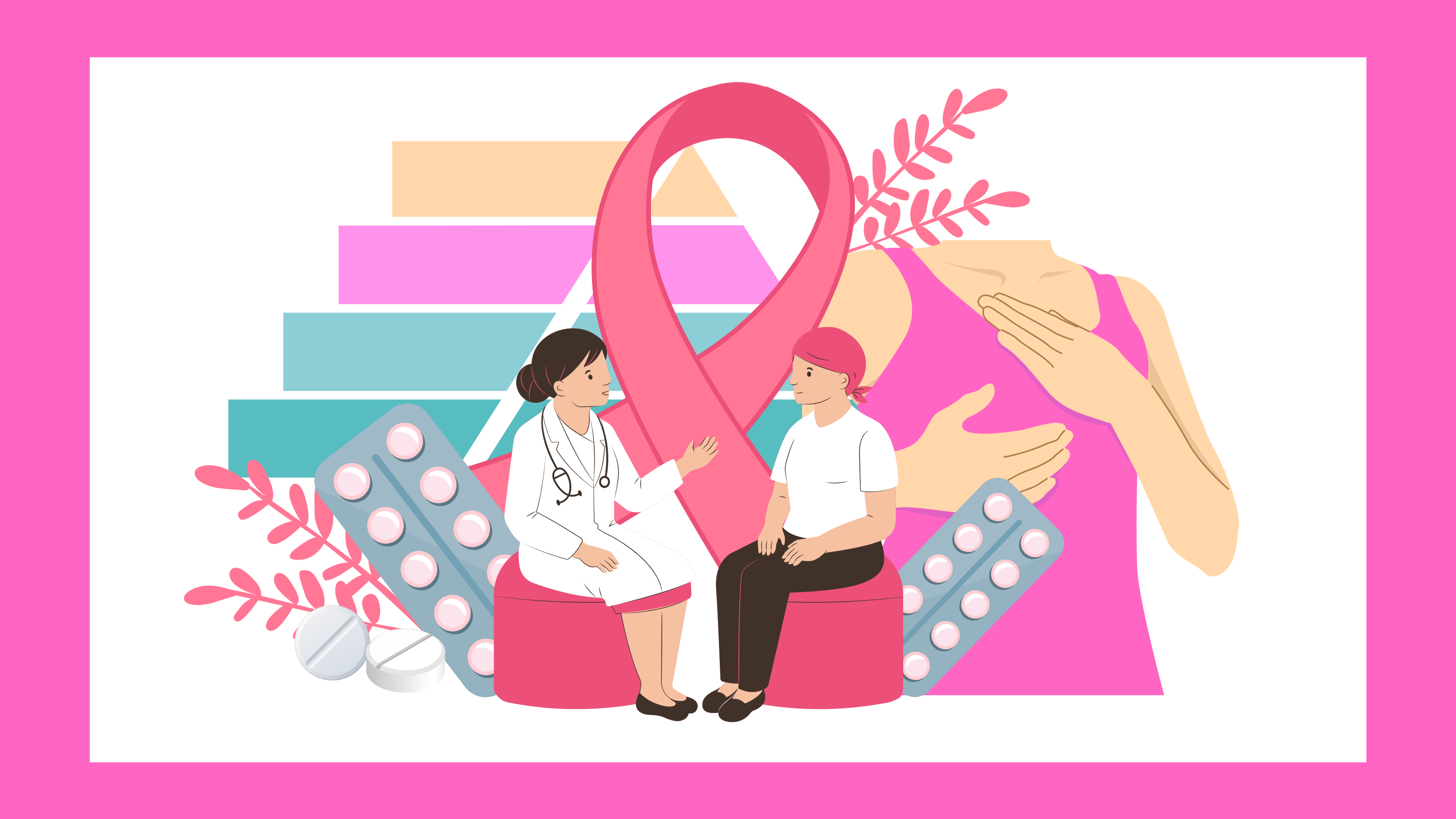
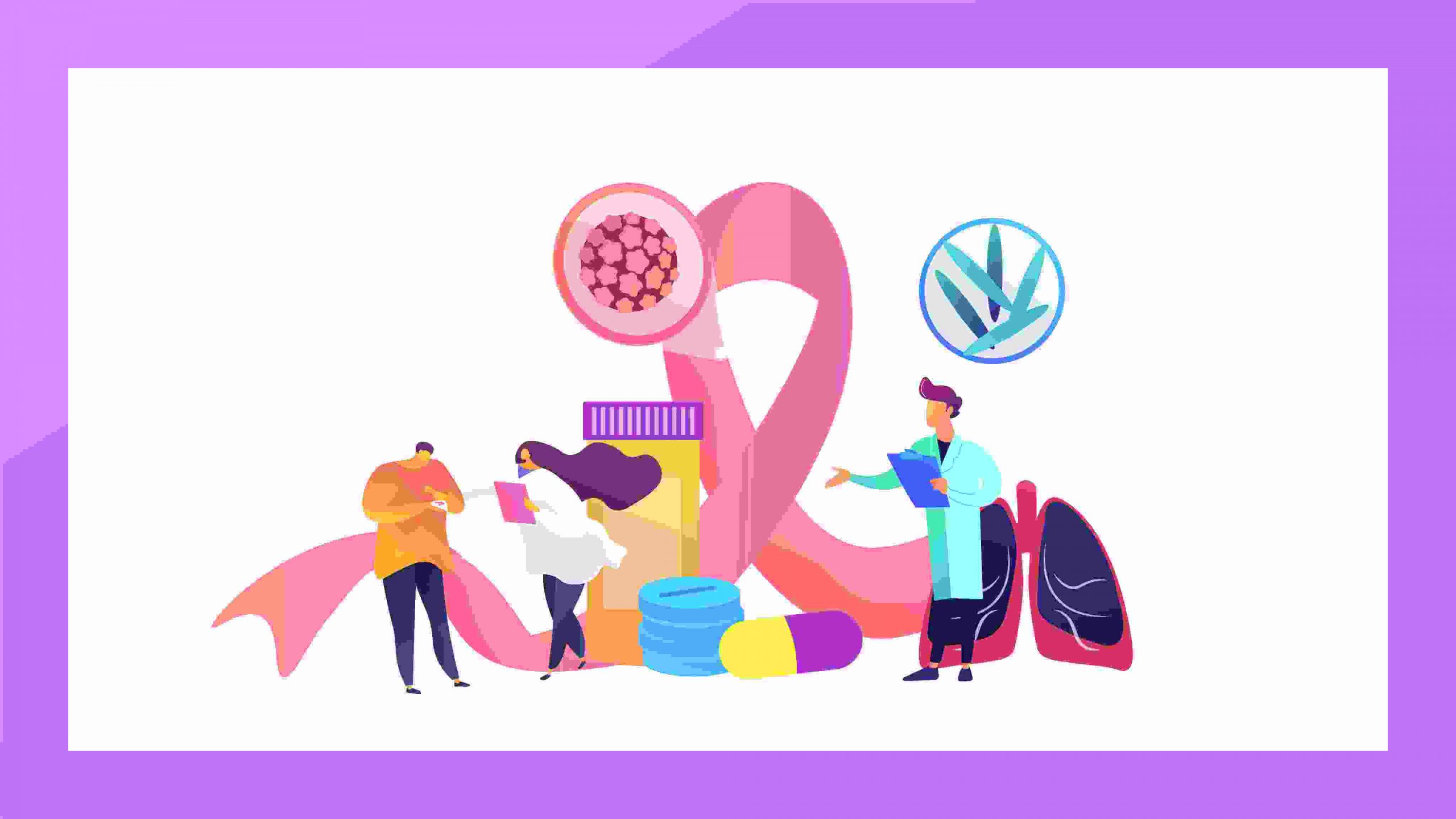

Be the first to comment on "How to Prevent Infections During Chemotherapy/Cancer Treatment"